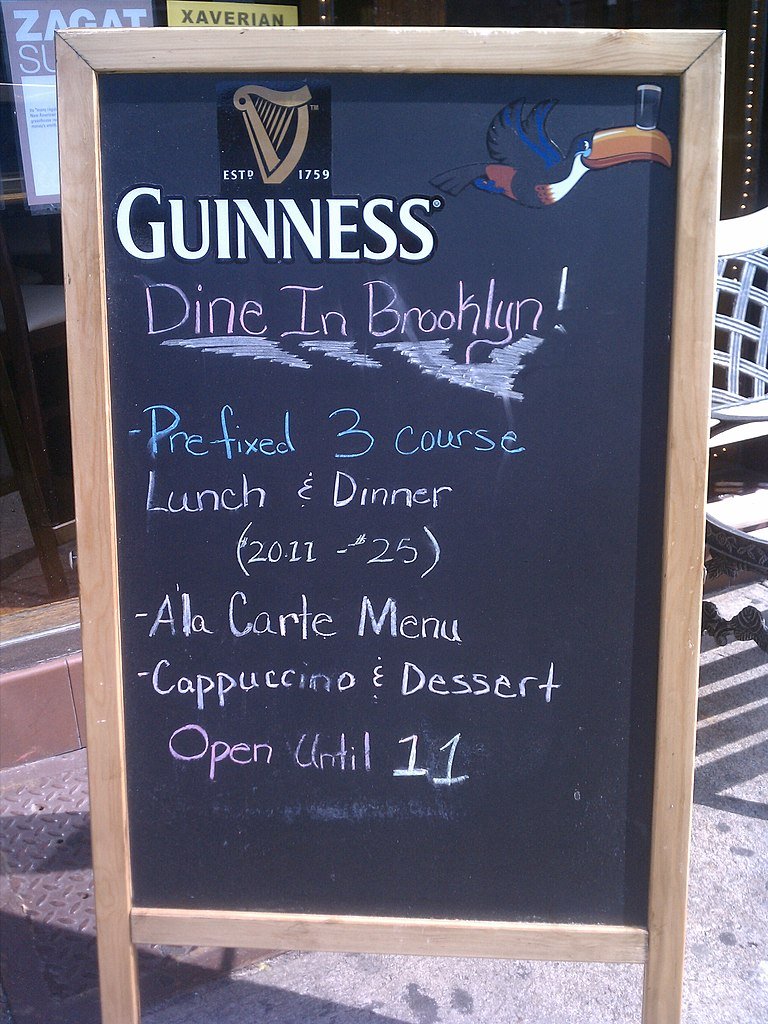10 October 2022
Despite one noted etymologist claiming that the origin of the term slang “is known!” (exclamation point in the original), the origin of the term is not. Like so many slang words, the word slang itself does not have a known origin.
And the issue with slang is not just the etymology; exactly what constitutes slang is also hotly debated. Perhaps the best definition of slang is given in J.E. Lighter’s Historical Dictionary of American Slang, which glosses it as:
An informal, nonstandard, nontechnical vocabulary composed chiefly of novel-sounding synonyms for standard words and phrases.
I’ll leave the definition at that. Debate it amongst yourselves if you will. On to what we know about its etymology.
Slang once meant a narrow strip of land. This sense goes back to at least 1610, when it appears in a translation of William Camden’s Britannia:
From thence the shore is drawne in, whereby there runneth forth into the sea a certaine shelfe or slang, like unto an out-thrust tongue, such as Englishmen in old once termed a File.
But how this older sense relates the language sense, if at all, is not clear.
As for the language sense, Green’s Dictionary of Slang records the following from Henry Fielding’s 1734 play Don Quixote in England as being the first use of slang to mean “illiterate, ‘low’ language.” The character of Squire Badger says:
Ay, Sir, and you wou’d have been merry, if you had been in such Company as I have been in. My Lord! ’Sbud! where's my Lord? ’Sbud! Sir Thomas, my Lord Slang is one of the merriest Men you ever knew in your Life; he has been telling me a Parcel of such Stories!
Badger uses Lord Slang three times in the play. The other two are:
Oons! what's the Matter with you all? Is the Devil in the Inn that you won’t let a Man sleep? I was as fast on the Table as if I had been in a Feather-bed.—’Sbud, what’s the matter? Where’s my Lord Slang?
And:
Sir, your Daughter, Sir, is a Son of a Whore, Sir. ’Sbud, I’ll go find my Lord Slang. A Fig for you and your Daughter too; I’ll have Satisfaction.
On its face, Lord Slang would seem to be a proper name of a fictitious character, but there is no such character in the play. Lord Slang seems to be a representation of colorful and salty language, especially as Badger’s speech is peppered with profanity, such as ‘Sbud (God’s blood). Green’s definition seems appropriate, although Fielding’s use of the word is not quite the same as our current use.
The word in the sense of the vocabulary of the underworld is first recorded in William Toldervy’s 1756 novel The History of Two Orphans:
Thomas Throw had been upon the town, knew the slang well; had often sate a flasher at M‑‑d‑‑g‑‑n’s, and understood every word in the scoundrel’s dictionary; had as much assurance as any fashionable fellow in London; for which he had been kicked out of all the houses from buttock of beef island, to the Brawn’s-Head: But, at this fortunate table, Tom found himself considered a man of damn’d good humour, and hellish high wit.
The phrase sate a flasher is a bit of a cipher. A flasher would be a hawker at a casino or gaming house, and sate refers to sitting, as in having as an occupation. So, Thomas had at one point served as a flasher, or worked the door at a gambling house, and therefore was well acquainted with the vocabulary of the underworld.
Etymologist Anatoly Liberman is the one who claims that the origin of slang has been discovered, but his explanation, while plausible, is speculative. In his 2008 Analytical Dictionary of English Etymology, Liberman resurrects an etymology that had been originally suggested at the turn of the twentieth century. This explanation would have slang coming from the narrow strip of land sense by way of those who travel about the land, especially traveling vendors, then moving on to the patter of vendors trying to make a sale, and then to low-class vocabulary in general.
The major problem with this proposed etiology is that slang meaning a seller of goods is not recorded until the nineteenth century, well after the informal vocabulary sense was well established. It seems more likely that the sales sense comes from the vocabulary sense rather than the reverse. Salesmen and hawkers used slang, therefore they started to be called slang. Of course, it’s possible that the sales sense was simply not recorded in published works. And Toldervy’s 1756 use in connection with flasher, hints that the two senses are related. But the evidence for Liberman’s explanation is tenuous.
And no, slang is not a contraction of short language.
In the end we’re left with “origin unknown.” Usually, such a conclusion is unsatisfying, but for slang, it is rather appropriate.
Sources:
Camden, William. Britain, or a Chorographicall Description of the Most Flourishing Kingdomes. Philemon Holland, trans. London: George Bishop and John Norton, 1610, 715. Early English Books Online (EEBO).
Fielding, Henry. Don Quixote in England, a Comedy. London: J. Watts, 1734, 47, 57, and 59. Eighteenth Century Collections Online (ECCO).
Green’s Dictionary of Slang, 2022, s.v. slang, n.
Liberman, Anatoly. An Analytical Dictionary of English Etymology. Minneapolis: U of Minnesota Press, 2008, 189–96.
———. “The Origin of the Word ‘Slang’ Is Known!” OUPBlog, 28 September 2016.
Lighter, J.E. Historical Dictionary of American Slang, A–G, vol. 1 of 2. New York: Random House: 1994, xi.
Oxford English Dictionary, second edition, 1989, s.v. slang, n.2, slang, n.3, slang, adj. (and adv.).
Toldervy, William. The History of Two Orphans, vol. 1 of 4. London: William Owen, 1756, 68. Eighteenth Century Collections Online (ECCO).
Image credit: imgflip, 2022.






